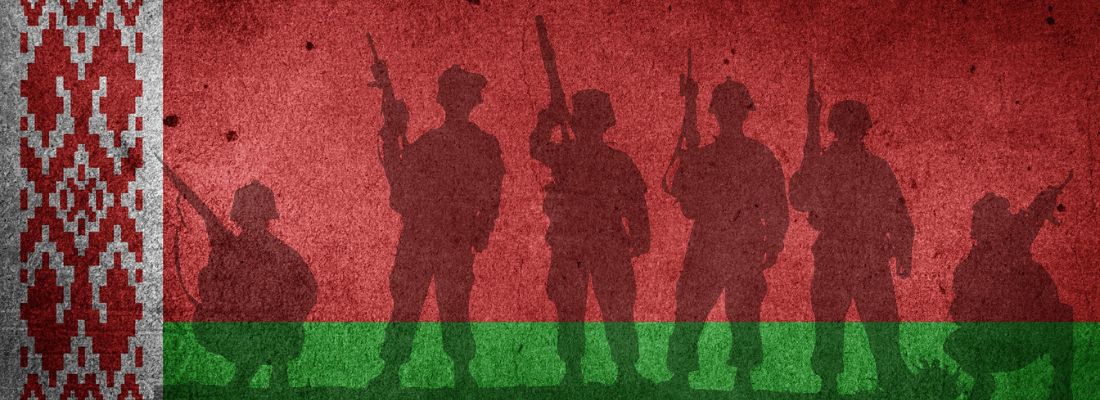Notes to the Editor
- On 15 May 2008, the IBAHRI Council adopted its Resolution on the Abolition of the Death Penalty, which considers, inter alia, the clear trend towards viewing the death penalty as a breach of international human rights standards, as well as committing the IBAHRI to actively promoting the abolition of the death penalty. Click here to download a PDF of the Background Paper to the IBAHRI Resolution on the Abolition of the Death Penalty.
- Related material:
Belarus: IBAHRI condemns extended application of death penalty
Belarus: IBAHRI calls for rejection of proposed law amendments threatening human rights - The International Bar Association’s Human Rights Institute (IBAHRI), established in 1995 under Founding Honorary President Nelson Mandela, is an autonomous and financially independent entity, working to promote, protect and enforce human rights under a just rule of law, and to preserve the independence of the judiciary and the legal profession worldwide.
- Find the IBAHRI (@IBAHRI) on social media here:
twitter.com/IBAHRI
www.facebook.com/IBAhumanrights
www.linkedin.com/in/iba-human-rights-institute/ - The International Bar Association (IBA), the global voice of the legal profession, is the foremost organisation for international legal practitioners, bar associations and law societies. Established in 1947, shortly after the creation of the United Nations, it was born out of the conviction that an organisation made up of the world's bar associations could contribute to global stability and peace through the administration of justice.
The IBA acts as a connector, enabler, and influencer, for the administration of justice, fair practice, and accountability worldwide. The IBA has collaborated on a broad range of ground-breaking, international projects with the United Nations, the European Parliament, the Council of Europe, The Commonwealth, the Organisation for Economic Co-operation and Development (OECD), the World Trade Organization, the International Monetary Fund and the World Bank, among others. - Find the IBA(@IBAnews) on social media here:
twitter.com/IBAnews
twitter.com/IBAevents
www.facebook.com/internationalbarassociation
www.linkedin.com/company/international-bar-association
